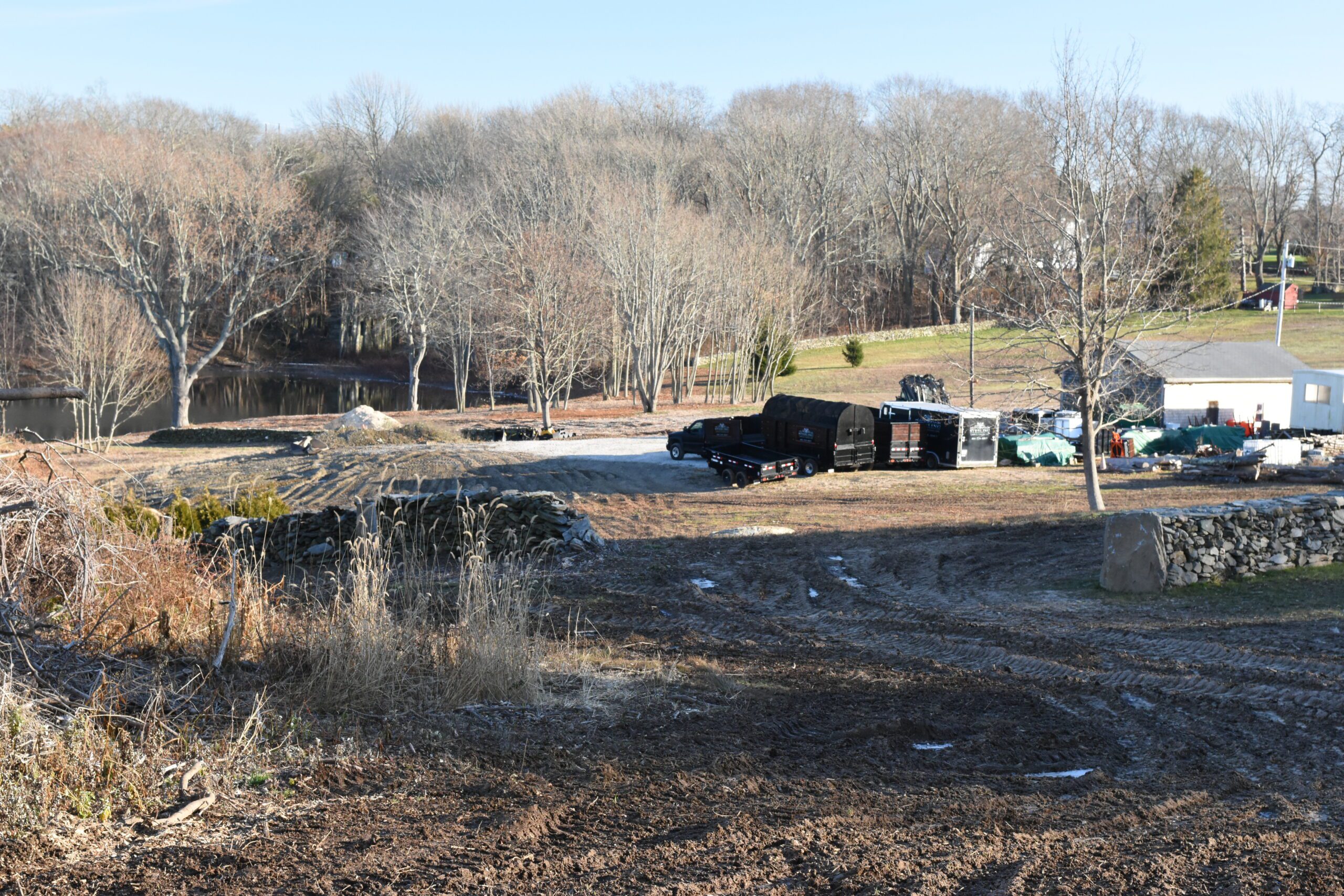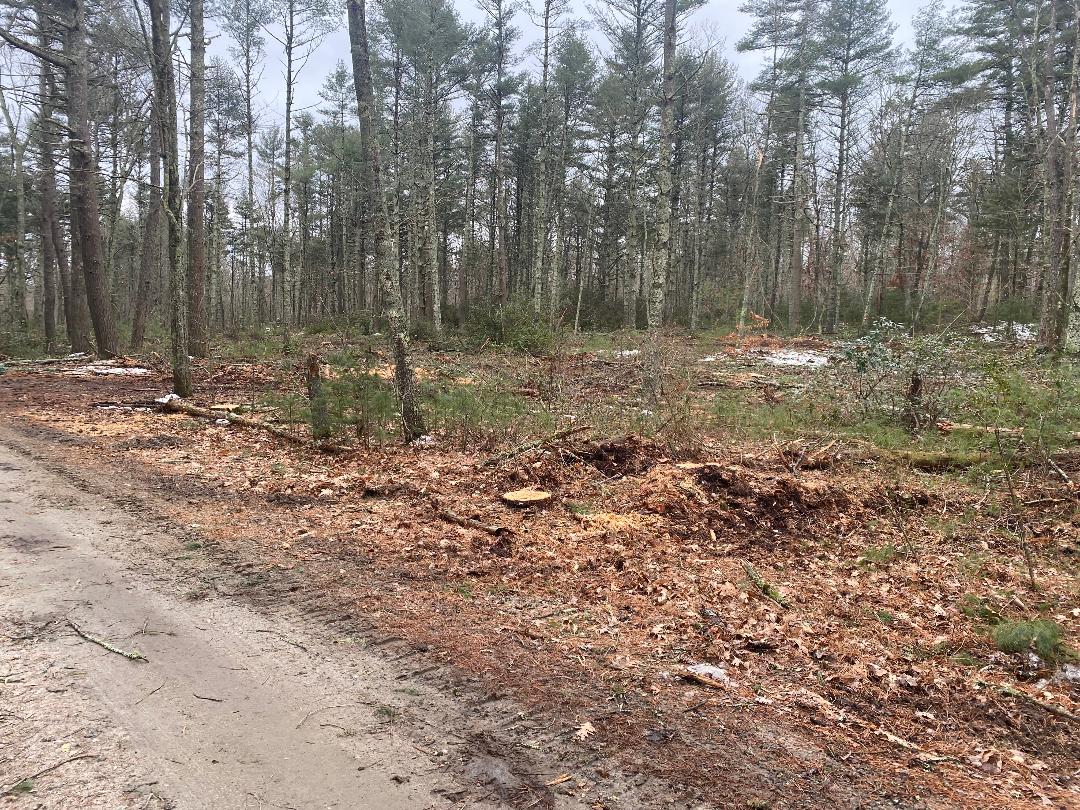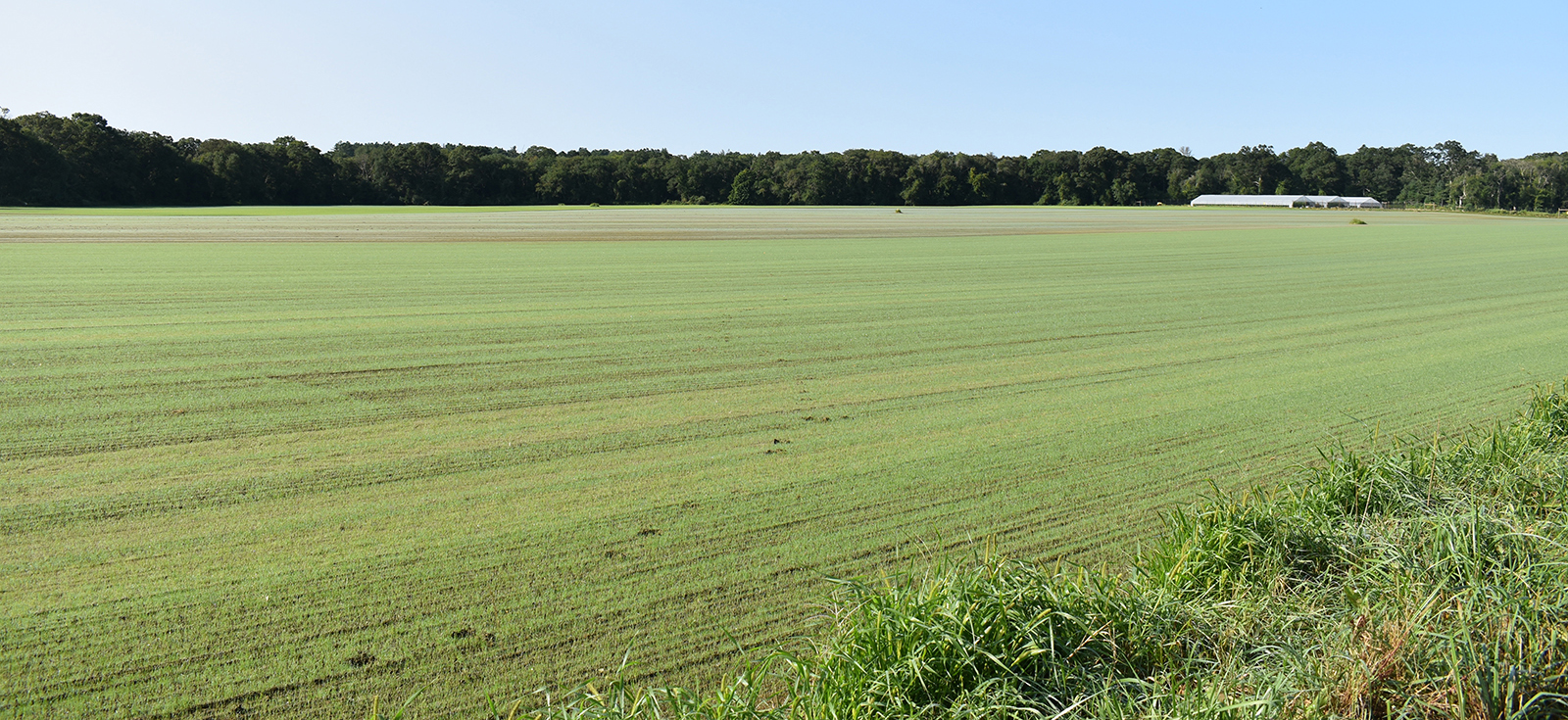New Urban Farm Brings Cheer to Deserving Community
August 6, 2018
PROVIDENCE — The place was a complete mess, but a trio of determined women was going to buy it anyway, as soon as the seller removed about 50 tattered mattresses from the dilapidated building.
The 2.7-acre property was covered with wind-blown trash. More than a year later, the three women are still picking up broken glass. In fact, when they ask volunteers to help with the property’s rehabilitation, children are not welcome, at least not yet.
They ripped up poison ivy by gloved hand, and brought in a tractor to help tear down the overgrowth. The empty factory with a brick facade, largely vacant since the 1990s, has no running water or electricity, is covered in graffiti, has been the victim of arson, and has been gutted of all scrap metal.
“The property was neglected for years,” said Shelby Doggett, who, at 25, is the youngest of the three buyers.
The women, Doggett, her mother, Marian Purviance, and Anne Holland, bought the derelict property for $525,000, so they could give away flowers.
What Cheer Flower Farm was incorporated last October and it acquired the former site of the Colonial Knife Co., forgotten industrial land in the heart of the city’s Olneyville neighborhood, not far from Route 6, this spring.
After the sale became final, the first two essential items the women had delivered were a port-a-potty and a truckload of compost.
This new urban farm, at 46 Atwood St., only began its growing season two months ago. The seeds were planted late in the season because there was plenty of other work to do first. For one, the property was covered in pavement.
Some 4,000 square feet of parking lot was torn up and transformed into an organic raised-bed “field” of flowers, both perennial and annual. Purviance, the farm’s horticultural director, has years of garden cultivation and management experience.
“I worked in the fine-gardening business for a long time, and I worked for very high-end clients. A lot of them really didn’t even appreciate what it was to have a garden and how much a flower really means,” said Purviance, 57, a 30-year resident of Providence. “I get so much more satisfaction out of working on this project than I did working for people who take that for granted.”
The nonprofit flower farm with two full-time farmers — Purviance and Doggett, who as the program director also handles the administrative side of things; Holland is the communications manger — and with support from volunteers, grows organic flowers on a brownfield site.
They give their product away to “people who deserve flowers but don’t have access,” Purviance said.
To supply those people who deserve flowers, What Cheer Flower Farm has partnered with Amos House, the Ronald McDonald House of Providence, and Meals on Wheels of Rhode Island. The women deliver bouquets and buckets of cut flowers to these institutions and other partners.
About 90 percent of the flowers currently being grown at the farm were started from seed by Purviance in her kitchen and in a friend’s basement. The rest of the plants were donated by Green Animals Topiary Garden in Portsmouth.
The farm doesn’t plan on growing vegetables, because it doesn’t want to compete with Southside Community Land Trust and other urban farmers.
Besides brightening people’s lives with free flowers — 1,000 have so far been donated — the nonprofit’s mission also includes reversing urban blight, creating a job training center for Rhode Island residents to help them enter the state’s $2.5 billion “green” economy, and making Providence famous for urban flower farming.
Chicken manure from Scratch Farm and horse manure from a gentleman farmer in Rehoboth, Mass., have been used to build soil. The property’s 70,000-square-foot monstrosity will be dealt with after another raised flower bed is installed. The farm rents a meter from Providence Water, which allows it to use a fire hydrant for watering. The water is stored in donated tanks of various sizes.
Where the dilapidated building now stands, the co-founders envision a barn, classroom space, an office, and space for lease. The footprint won’t be anything near the building’s current 70,000 square feet.
What Cheer Flower Farm has applied for a brownfield remediation grant with the Rhode Island Department of Environmental Management. An ongoing inventory assessment didn’t find elevated levels of polychlorinated biphenyls (PCBs). The owners have worked with the National Resources Conservation Service and David Foss of Wilcox & Barton Inc., a Vermont-based environmental consulting firm.
The property is in better toxic shape than the new owners predicted, but there’s still much work to be done. Much of that work will revolve around fundraising. As a 501(c)(3), the organization will rely on grants, donations, volunteers, and kindness. They also plan to host fee-based workshops for hobby gardeners and amateurs.




What Cheer Flower Farm is amazing on so many levels….an inspiration to us all! Thank you for your vision and positive action.
Good for you. The City should help you in any way possible. Next January please apply on the URI website for free seeds that we donate to all that want them. We have lots of flower seeds and some herbs all donated from Job Lot that we make up from your order. You can have 300 seed packets and if we have a large supply more would be available.
Good Luck
Mary Malouin
URI Master Gardener
Seed Sort Coordinator
What an amazing story!
This is brilliant and so much work. Where can I send a donation? "We do not need magic to transform our world. We carry all the power we need inside ourselves already." J.K. Rowling.
Wonderful news!
You are totally amazing – bless you a thousand times for your kindnesses, both to the earth, and to the people around you. Thank you thank you thank you!